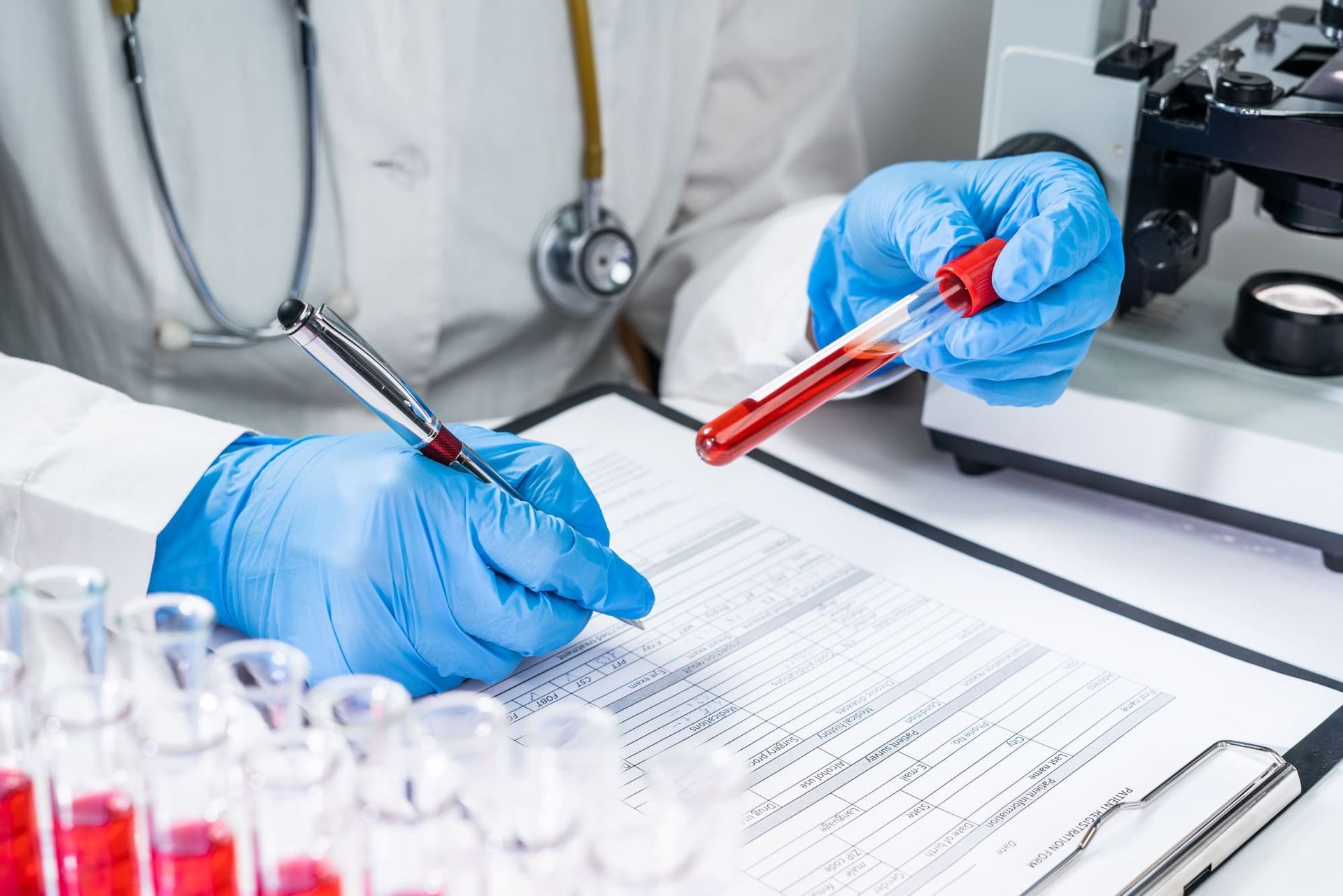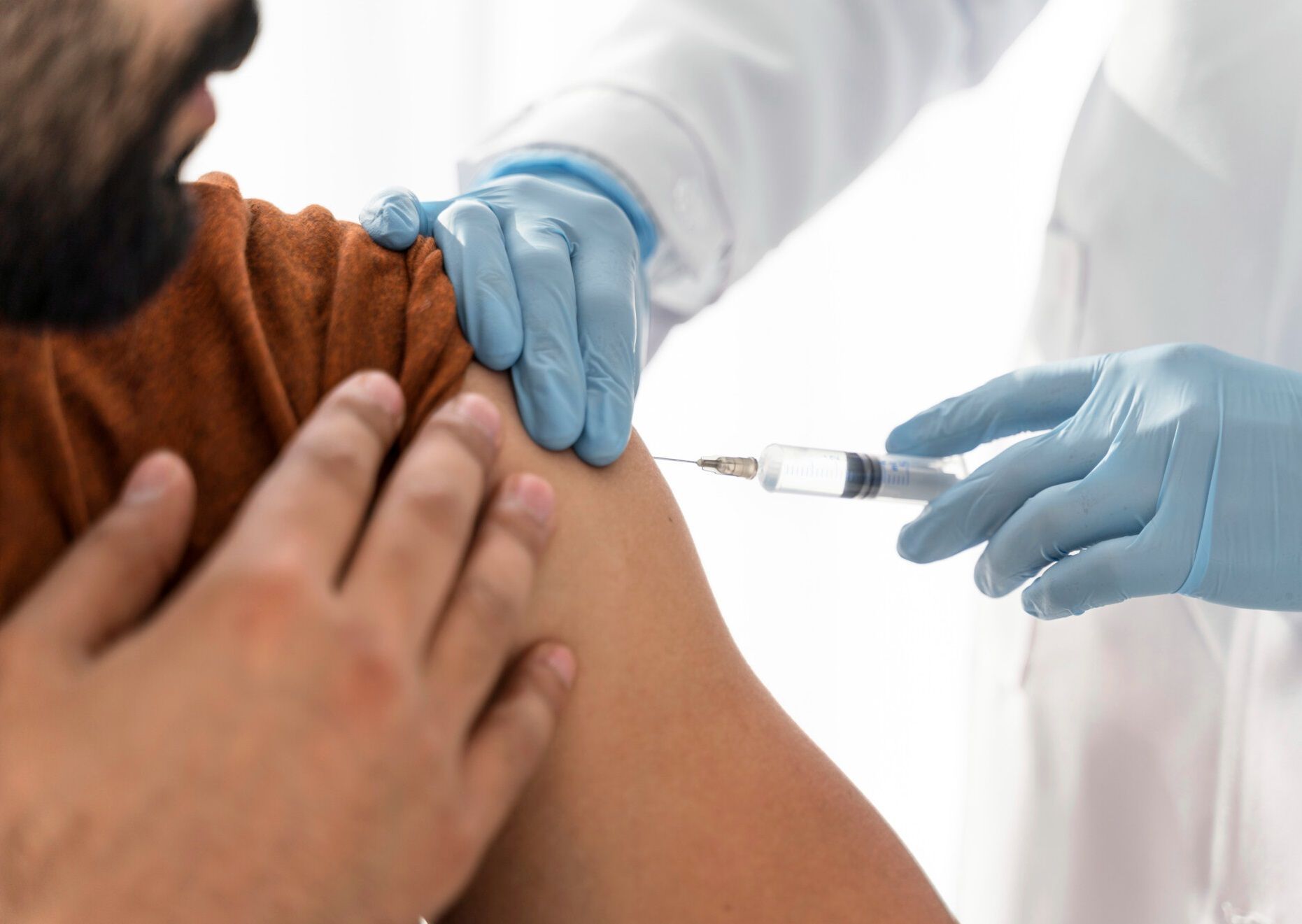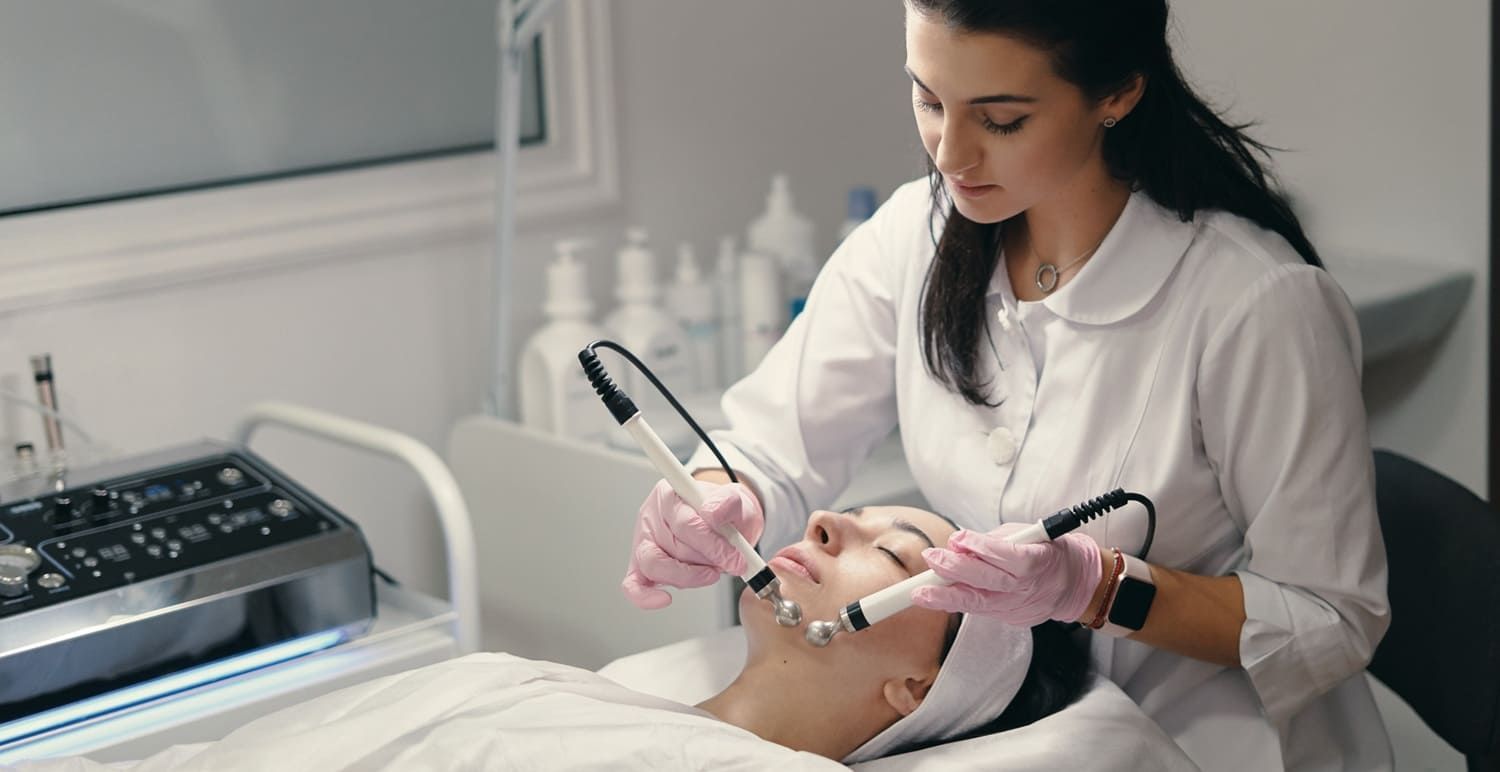A Beginner's Guide to Hormone Replacement Therapy: What to Expect
Are you wondering if hormone replacement therapy is right for you? Read here for a beginner's guide to hormone replacement therapy to find out what to expect.

Sometimes what nature has given us doesn't work as perfectly as it should and needs a bit of a boost. Thankfully, nowadays, there are lots of medical options to partake in. One of them is Hormone Replacement Therapy (HRT).
You've probably heard of it since it has become quite popular among individuals who would like to address hormonal imbalances and improve their overall well-being.
Before getting this therapy though, it's important to understand what it's all about. This will result in a smooth and informed experience.
This beginner's guide aims to demystify Hormone Replacement Therapy, offering insights into the process, potential benefits, and considerations for those considering or starting this transformative journey. So let's get started.
What is Hormone Replacement Therapy (HRT)?
Hormone Replacement Therapy involves the use of medications to supplement or replace hormones that the body is not producing in sufficient amounts. The most common hormones targeted by HRT include estrogen, progesterone, and testosterone.
The therapy is utilized for various purposes, including managing symptoms of menopause, alleviating gender dysphoria in transgender individuals, and addressing hormonal imbalances due to medical conditions or aging.
Types of Hormone Replacement Therapy
There are many different ways that HRT can help in healing your body. But you can't decide on this on your own. A medical professional would gauge that for you after numerous blood tests.
Menopausal Hormone Therapy (MHT)
Menopausal Hormone Therapy, often referred to as hormone replacement therapy for menopause, involves the administration of estrogen and sometimes progesterone. This is done to alleviate symptoms such as hot flashes, mood swings, and vaginal dryness in individuals experiencing menopause.
Testosterone Replacement Therapy (TRT)
Testosterone Replacement Therapy is commonly prescribed to individuals with low testosterone levels, which can occur due to aging or medical conditions. TRT aims to address symptoms like fatigue, reduced libido, and muscle loss.
Feminizing Hormone Therapy
Feminizing Hormone Therapy is utilized by transgender individuals assigned male at birth who seek to develop feminine physical characteristics. It typically involves the administration of estrogen and anti-androgens to suppress testosterone.
Masculinizing Hormone Therapy
Masculinizing Hormone Therapy is designed for transgender individuals assigned female at birth who desire masculine physical traits. This therapy often includes testosterone administration to induce effects like deepening of the voice and increased muscle mass.
Starting Hormone Replacement Therapy
If you think that HRT is what you need to achieve balanced hormones, then hold your horses. There is a process to receiving HRT just like with every other medical treatment. The steps are listed below.
Consultation with a Healthcare Provider
The journey begins with a comprehensive consultation with a healthcare provider, typically an endocrinologist or a healthcare professional experienced in hormone management. The provider will conduct a thorough assessment, discuss medical history, and determine the most suitable hormone regimen based on individual needs and goals.
Baseline Tests
Before commencing HRT, baseline blood tests are conducted to assess hormone levels, liver function, and other relevant health markers. These tests provide a foundation for monitoring changes and adjusting the hormone regimen as needed.
Discussion of Risks and Benefits
The healthcare provider will discuss the potential risks and benefits of HRT, considering factors such as age, overall health, and the specific goals of the individual. Open communication about expectations and concerns is crucial to ensuring a personalized and informed approach.

What to Expect During Hormone Replacement Therapy
Since you are introducing synthetic hormones into your body, there are certain changes and adjustments that you will have to expect. This will become more apparent as the treatment progresses.
Gradual Changes
Hormone Replacement Therapy induces changes over time, and results vary from person to person. Patience is key, as physical changes, such as breast development or muscle mass increase, may take months to become noticeable.
Monitoring and Adjustments
Regular follow-up appointments with the healthcare provider are essential for monitoring hormone levels and overall health. Adjustments to the hormone regimen may be made based on these assessments to optimize results and minimize potential side effects.
Emotional Changes
Hormones play a significant role in mood and emotional well-being. Individuals undergoing HRT may experience shifts in mood and emotional state. Open communication with healthcare providers and support networks is crucial during this time.
Physical Changes
For individuals undergoing feminizing hormone therapy, changes may include softer skin, breast development, fat redistribution to a more feminine pattern, and a reduction in body hair growth.
Masculinizing Hormone Therapy can lead to changes such as a deeper voice, increased facial and body hair growth, muscle development, and a more masculine fat distribution pattern.
Menopausal Symptom Relief
Menopausal Hormone Therapy often provides relief from symptoms like hot flashes, night sweats, and mood swings. The therapeutic goal is to improve the quality of life during and after menopause.
Considerations and Potential Risks
Every medical treatment comes with its own set of risks and side effects. That is a given. But it highly depends on your physiological response to the treatment, as each person is unique in that regard.
Factors such as genetics, age, and overall health influence how the body responds to hormone supplementation.
Potential Side Effects
Hormone Replacement Therapy may have side effects, and individuals should be aware of potential risks such as blood clots, cardiovascular issues, mood swings, and changes in libido. Regular monitoring helps detect and address these side effects promptly.
Long-Term Commitment
HRT is often a long-term commitment, and discontinuing treatment may reverse some physical changes. Individuals should consider the long-term implications and commit to ongoing healthcare follow-ups.
Bone Health
Some forms of HRT, particularly in menopausal hormone therapy, may impact bone health. Calcium and vitamin D supplementation and weight-bearing exercises may be recommended to maintain bone density.
Do You Need Relief From Hormone Problems?
There are many ways that Hormone Replacement Therapy can be the boon that you are seeking when it comes to balancing hormones. But you won't know if it will work for you until you try it.
If you are located in Tampa and seeking help with hormone problems, Pure Health & Hormone Center is here to help. We have over 8000 satisfied patients and counting and 15 years of experience under our belt.
Book a consultation online and let's get you started with hormone therapy.


















